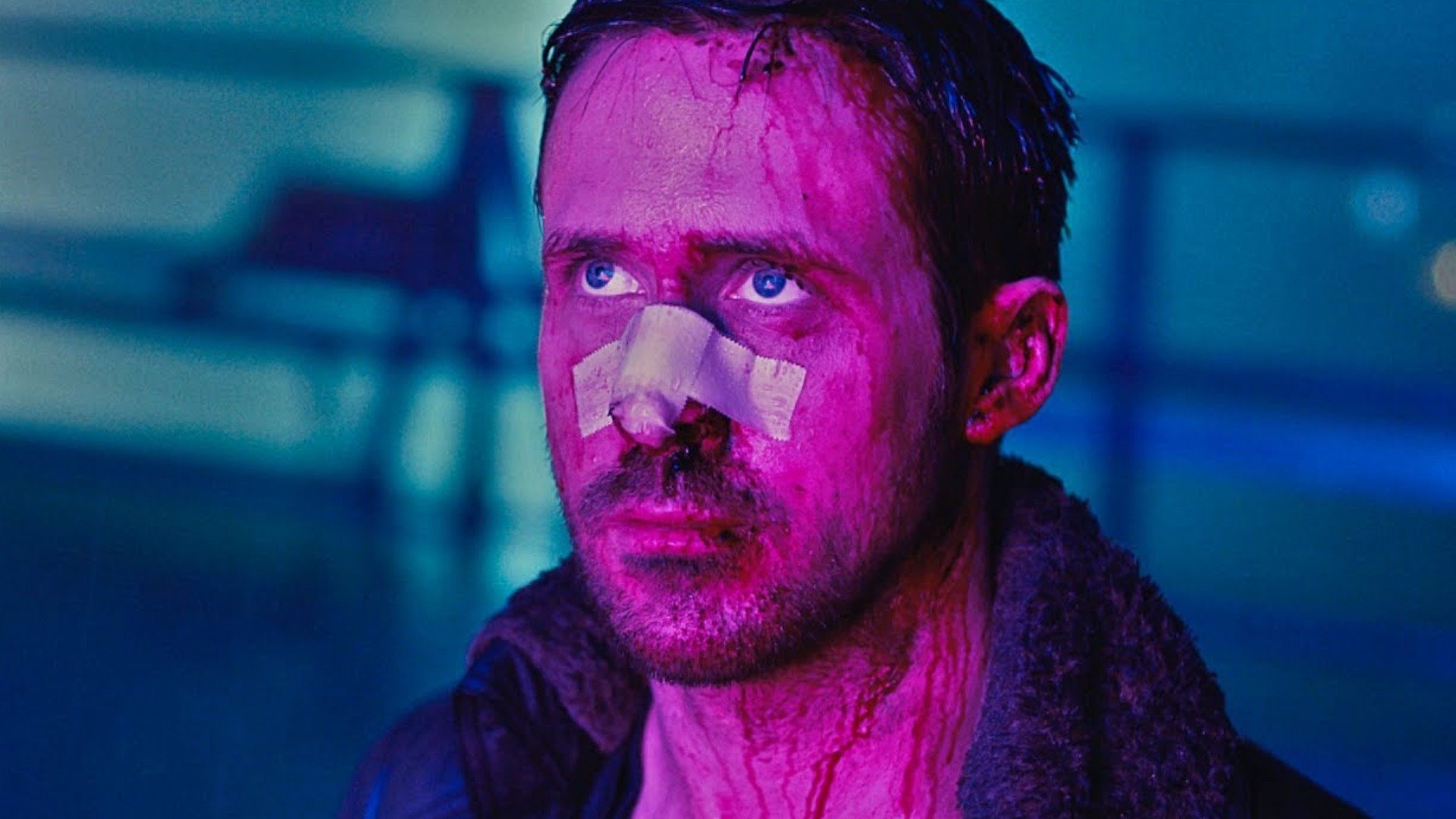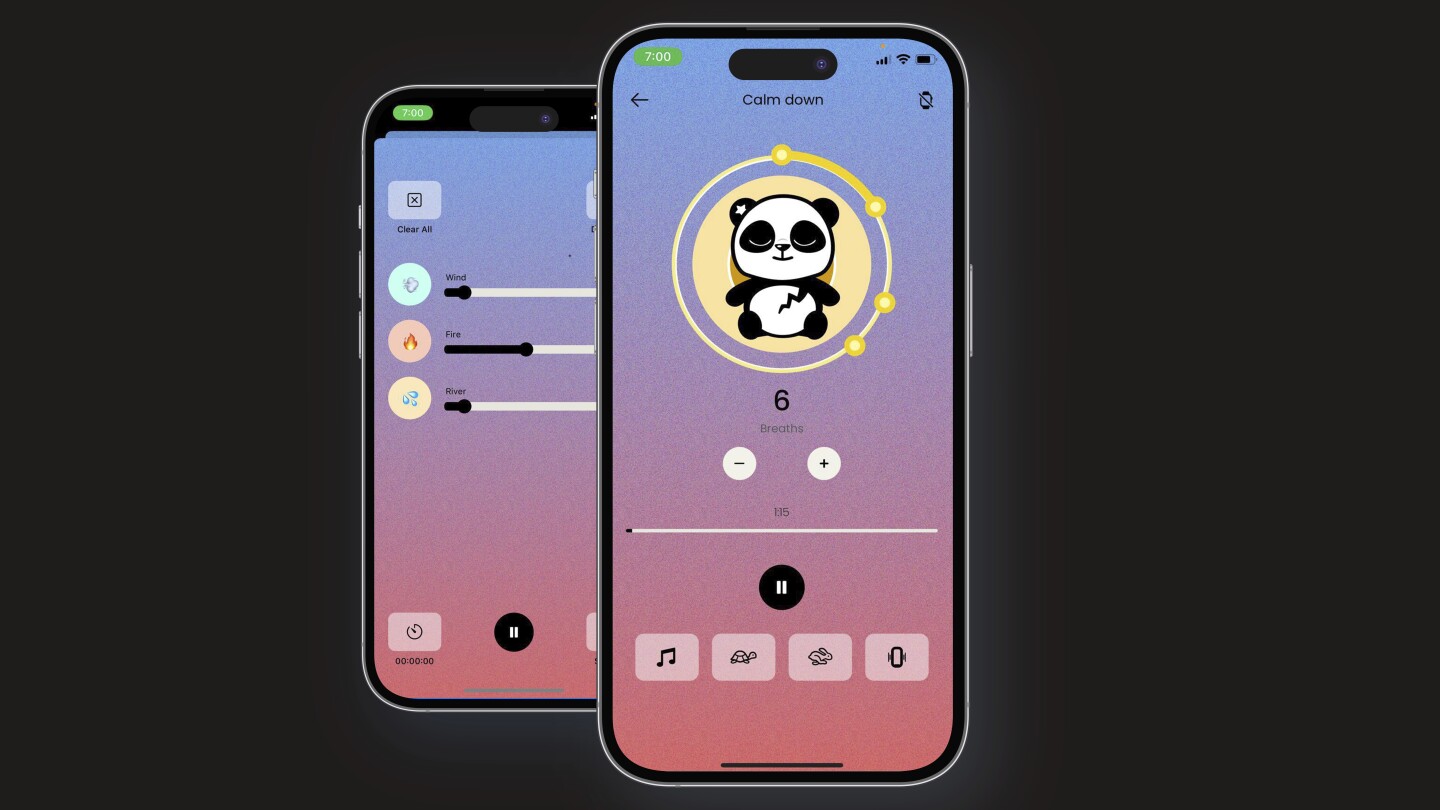Mental health chatbots powered by artificial intelligence are becoming increasingly popular, especially among teens and young adults. These apps use AI technology to have conversations and provide guidance on issues like anxiety, stress management, and reframing negative thoughts. Companies market them as a free, 24/7 accessible alternative to traditional therapy without the stigma.
However, there are concerns about whether these chatbots actually provide effective mental health treatment. They are not regulated by the FDA since they don’t explicitly claim to diagnose or treat conditions. While some research suggests they can temporarily reduce symptoms like depression, most studies are very short-term. There are also questions about their ability to recognize emergencies like suicidal thoughts.
Some experts argue chatbots could play a helpful role given shortages of human therapists, while others worry they could divert people from proven treatments. There are calls for the FDA to provide oversight and regulation based on the potential risks. For now, the emerging digital mental health industry operates in a regulatory gray area as the capabilities of AI chatbots rapidly advance.
Summarized by Claude 3 Sonnet


